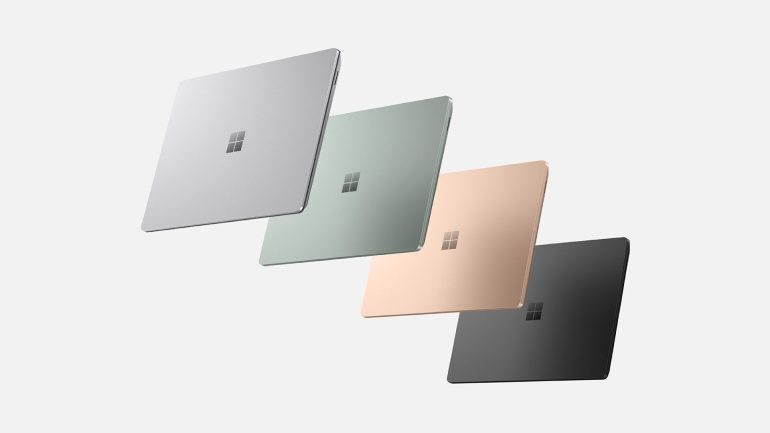- Microsoft has postponed the introduction of the Recall feature in new Windows laptops due to privacy and cybersecurity concerns.
- Recall is designed to enhance AI capabilities by capturing screen snapshots to assist users in remembering previous activities.
- The feature was demonstrated by CEO Satya Nadella as a breakthrough in AI that interprets and anticipates user needs.
- A limited release will now occur with a select group of Windows Insider testers to ensure quality and security standards.
- At the Build conference, Microsoft showcased new AI-enhanced PCs to compete with major tech firms in generative AI technologies.
Main AI News:
Next week’s delivery of new laptops featuring Microsoft Windows will proceed without the notable Recall feature, which raised privacy and cybersecurity issues. Microsoft CEO Satya Nadella highlighted the Recall function during a promotional event last month, portraying it as an advancement in artificial intelligence that enables machines to “immediately perceive, listen, and deduce our intentions and environment.”
The Recall feature operates by intermittently capturing images of a computer screen, allowing Microsoft’s AI assistant, Copilot, to maintain a “photographic memory” of a user’s digital activities, purportedly aiding in recollection of past actions.
Nadella remarked in May, “We are on the brink of a new epoch where computers not only comprehend but can predict our desires and intentions.”
However, this Thursday, the corporation announced a delay in the wide release of Recall, which was initially set to be part of new PCs from Tuesday. Instead, it will initially be tested by a select group of users from the Windows Insider software testing initiative. These skilled early testers will assist in “guaranteeing the experience upholds our rigorous standards for quality and security,” according to Pavan Davaluri, Microsoft’s corporate vice president of Windows and devices.
At its annual Build conference last month, Microsoft unveiled a novel category of AI-infused PCs as it navigates intensifying rivalry from major technology firms in marketing generative AI capabilities that can draft documents, create images, and act as a virtual assistant in both professional and domestic settings.
These advanced AI functionalities within Microsoft’s Windows 11 operating system will be available on upcoming premium computers produced by Microsoft’s partners including Acer, Asus, Dell, HP, Lenovo, and Samsung, and on Microsoft’s own Surface devices.
Conclusion:
The delay in the rollout of Microsoft’s Recall feature indicates a cautious approach to integrating advanced AI functionalities in consumer technology. This move not only addresses the growing concerns over privacy and data security but also reflects a strategic positioning in the competitive landscape. By prioritizing thorough testing and quality assurance, Microsoft aims to reinforce its market reputation as a leader in reliable and secure AI innovations. This strategy may help maintain consumer trust and loyalty while setting a standard for the industry’s approach to new AI technologies.

